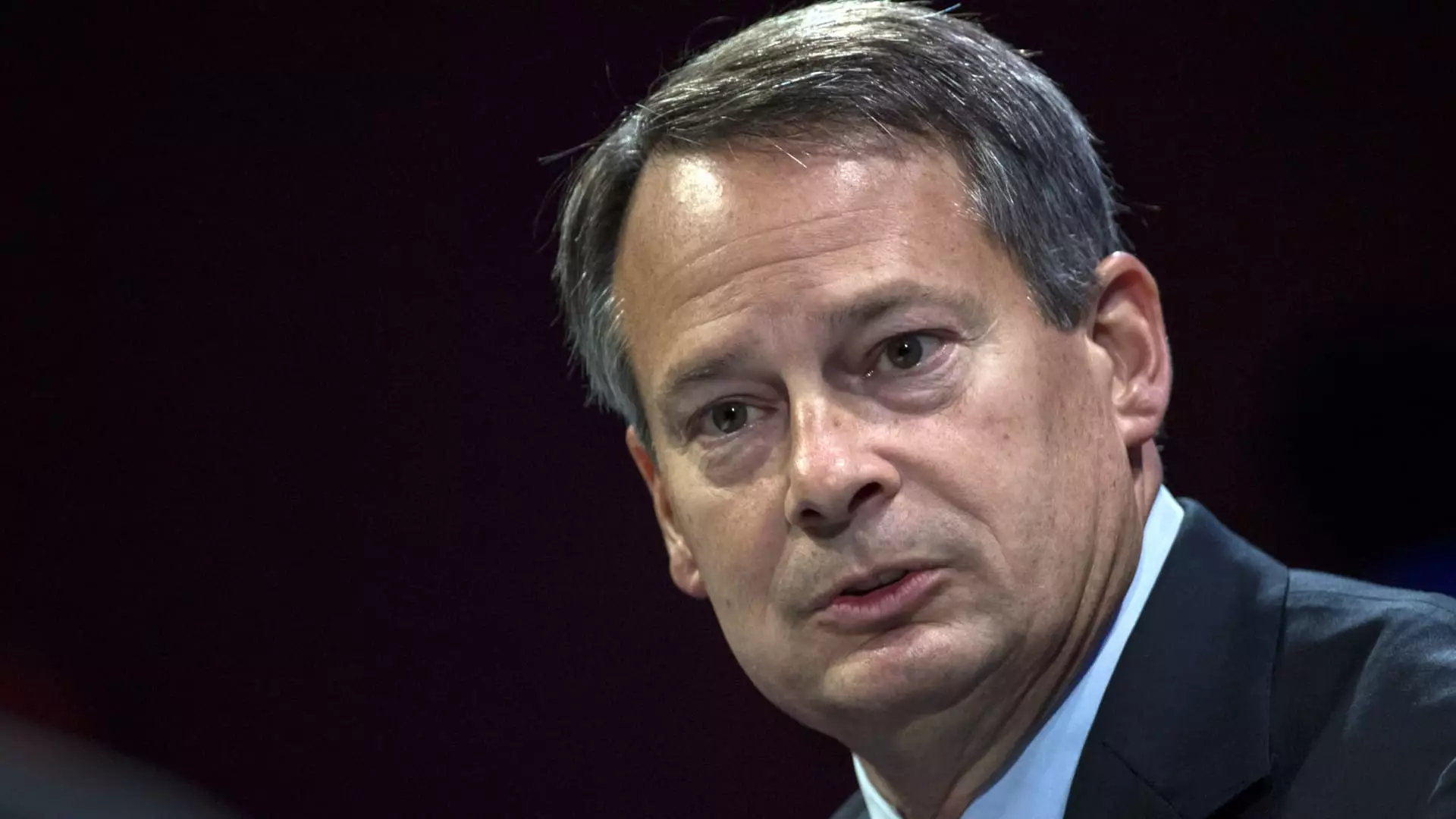Walt Bettinger, the driving force behind Charles Schwab for over 16 years, is preparing to leave his position as CEO, effective at the end of December 2024. The announcement, made by the company on Tuesday, marks the end of an era for the brokerage firm, which has under Bettinger’s leadership transformed significantly in both its market presence and client base. As he steps aside, Rick Wurster, who currently serves as Schwab’s President, is set to succeed him starting January 1, 2025. This transition is not merely a change of personnel; it represents a pivotal moment for the firm as it continues to navigate the complexities of the financial services landscape.
In his statement, Bettinger reflected on his impending retirement, which coincides with his 65th birthday, emphasizing the importance of succession planning. “The Schwab Board’s thoughtful and disciplined approach to succession planning helps make this transition smooth,” he noted. His endorsement of Wurster is particularly significant given their close working relationship spanning over eight years. This rapport bodes well for continuity and stability within the organization, suggesting that the board has not only prioritized operational competence but also interpersonal dynamics in its leadership succession strategy.
Under Bettinger’s stewardship, Schwab’s growth has been nothing short of remarkable. When he took the reins in 2008, the firm’s assets climbed from $1.14 trillion to a staggering $9.74 trillion. Additionally, brokerage accounts soared from fewer than 10 million to more than 43 million, indicating an impressive expansion of Schwab’s market reach and client engagement. One of the standout contributors to this growth was the strategic acquisition of TD Ameritrade, which was finalized in 2020. Bettinger pointed out that the successful integration of Ameritrade, which was completed earlier in the year, played a significant role in his decision to retire, highlighting a sense of timing and completion in his legacy.
Despite Schwab’s stock appreciating nearly 150% during Bettinger’s leadership tenure, it has faced hurdles in comparison to broader market indices over the past two years. This discrepancy illustrates the challenges that the company faces in maintaining momentum against a backdrop of changing market dynamics and competitive pressures. Wurster, in an interview on CNBC’s “Squawk Box,” reassured investors that there would be no abrupt shifts in corporate strategy post-transition. His focus will likely remain on client satisfaction and operational consistency, ensuring that the firm stays aligned with its established values and practices.
Bettinger’s tenure began amidst the tumult of the financial crisis, a period that tested the resilience of many financial institutions. His ability to lead Schwab through such turbulent waters stands as a testament to his leadership capabilities. As he prepares to hand over the reins, stakeholders will undoubtedly be assessing the implications of his departure and Wurster’s ascension, with the hope that the strong foundations laid under Bettinger’s leadership will continue to support Schwab’s ambitious goals. The firm is set to enter a new chapter, with its rich history guiding its future while embracing potential innovations under new leadership.

